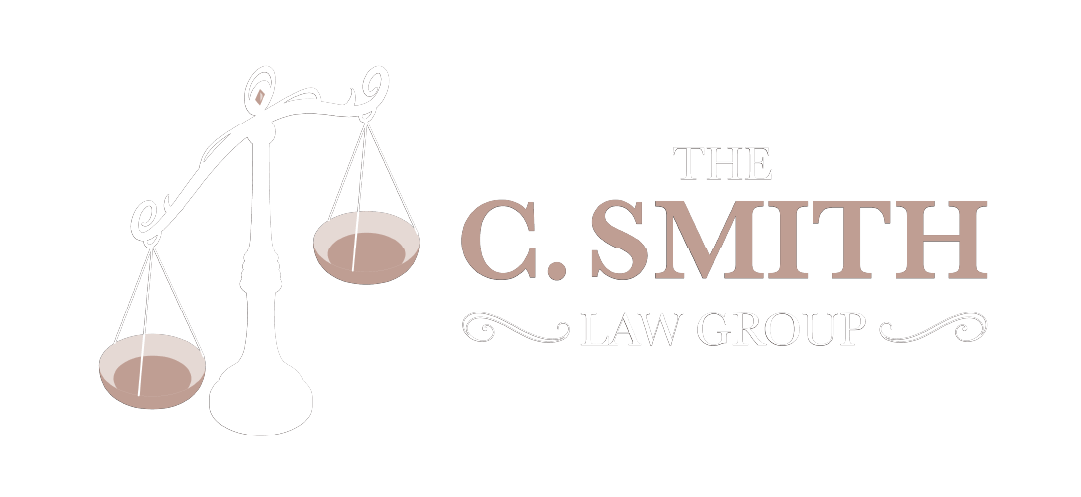Probate vs. Non-Probate Assets in Michigan: What's Included and Excluded
Understanding the distinction between probate and non-probate assets is crucial when it comes to estate planning and administration in Michigan. Probate assets are subject to the probate process, while non-probate assets bypass probate and are distributed directly to beneficiaries.
At C. Smith Law Group, we specialize in estate planning and can help you navigate the complexities of probate and non-probate assets. In this blog post, we will provide you with an overview of probate and non-probate assets in Michigan, outlining what's included and excluded. We will also explain how our firm can provide you with the necessary legal guidance and support.
Probate Assets
Probate assets are those that are subject to probate administration after an individual passes away. They include:
- Solely Owned Property: Real estate, bank accounts, vehicles, and personal belongings owned solely by the deceased are considered probate assets.
- Assets Without a Designated Beneficiary: Assets such as investment accounts, retirement accounts, and life insurance policies without named beneficiaries or with the deceased as the sole beneficiary are subject to probate.
- Jointly Owned Property: If property is owned jointly with rights of survivorship, it will typically pass to the surviving owner outside of probate. However, if joint ownership is tenancy in common, the deceased's share will be considered a probate asset.
Non-Probate Assets
Non-probate assets are those that bypass the probate process and are directly distributed to beneficiaries upon the individual's death. They include:
- Assets with Designated Beneficiaries: Assets such as life insurance policies, retirement accounts, and payable-on-death bank accounts that have named beneficiaries are non-probate assets.
- Property Held in Trust: Assets held in a revocable living trust or an irrevocable trust will pass directly to the named beneficiaries, avoiding probate.
- Jointly Owned Property with Rights of Survivorship: Property owned jointly with rights of survivorship passes directly to the surviving owner, outside of probate.
How C. Smith Law Group Can Help
Navigating the complexities of probate and non-probate assets requires professional guidance and expertise. At C. Smith Law Group, we offer comprehensive estate planning services to help you understand and make the most of your assets. Here's how we can assist you:
- Trusts: We can help you establish various types of trusts, such as revocable living trusts, which can help you avoid probate and provide for the seamless transfer of assets to your beneficiaries.
- Asset Review: Our firm will review your assets to determine which ones are subject to probate and which can be categorized as non-probate assets. This will allow us to create a comprehensive estate plan that aligns with your goals.
- Probate Administration: If you are involved in the probate process, we can guide you through each step, ensuring compliance with all legal requirements and representing your interests during court proceedings.
Understanding the distinction between probate and non-probate assets is vital for effective estate planning and administration in Michigan. At C. Smith Law Group, we have the knowledge and experience to guide you through the complexities of probate and non-probate assets, helping you create an estate plan that protects your assets and ensures a smooth distribution to your beneficiaries. Contact our firm today for a consultation, and let us provide you with the professional legal guidance and support you need.





